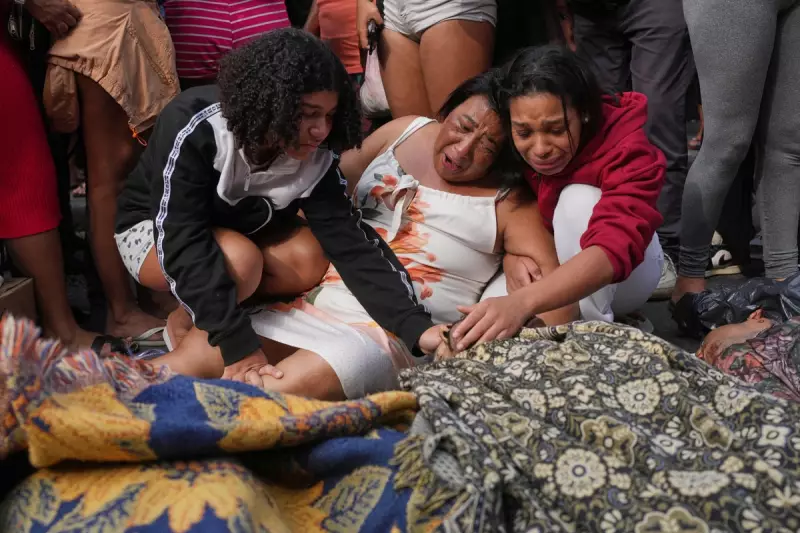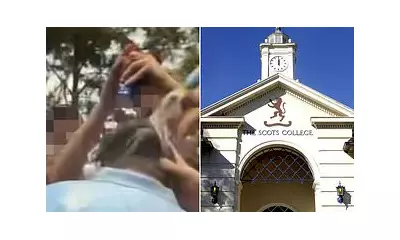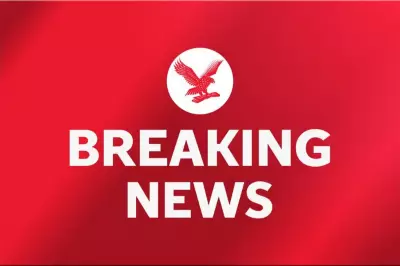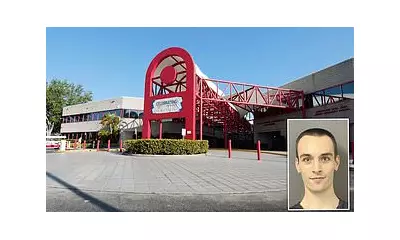
In a bold move to reclaim education from the grip of organised crime, Brazilian President Luiz Inácio Lula da Silva has signed a groundbreaking decree authorising military intervention in Rio de Janeiro's most vulnerable schools.
The emergency measures come as drug gangs increasingly use educational institutions as territory for recruitment and criminal operations, creating an atmosphere of fear that has driven both students and teachers away from classrooms.
The Crisis in Rio's Classrooms
According to shocking official reports, at least 58 state schools in Rio have fallen under the direct influence of drug trafficking factions. These criminal groups don't just operate near educational facilities—they've moved their operations inside, using school premises as bases for drug distribution and recruitment of young people.
'We cannot accept that schools, places that should be safe havens for learning and development, become territories dominated by crime,' President Lula declared during the announcement. 'Our children deserve better.'
Operation in Action
The presidential decree establishes a sophisticated security protocol involving:
- Military police patrols within school perimeters
- Specialised security assessments of high-risk institutions
- Coordination between educational authorities and law enforcement
- Emergency response teams for immediate threat situations
This isn't the first time Brazil has turned to military solutions for educational security. A similar programme ran from 2019 until 2023, demonstrating the persistent nature of the problem.
Beyond Security: A Comprehensive Approach
While the military aspect captures headlines, the government insists this is part of a broader strategy. Education Minister Camilo Santana emphasised that security measures alone won't solve the underlying issues.
'We're combining immediate security needs with long-term social programmes,' Santana explained. 'This includes psychological support for affected students, community engagement initiatives, and alternative education pathways for at-risk youth.'
The situation represents a critical test for President Lula's administration, which must balance immediate safety concerns with sustainable solutions to Rio's complex social challenges.





